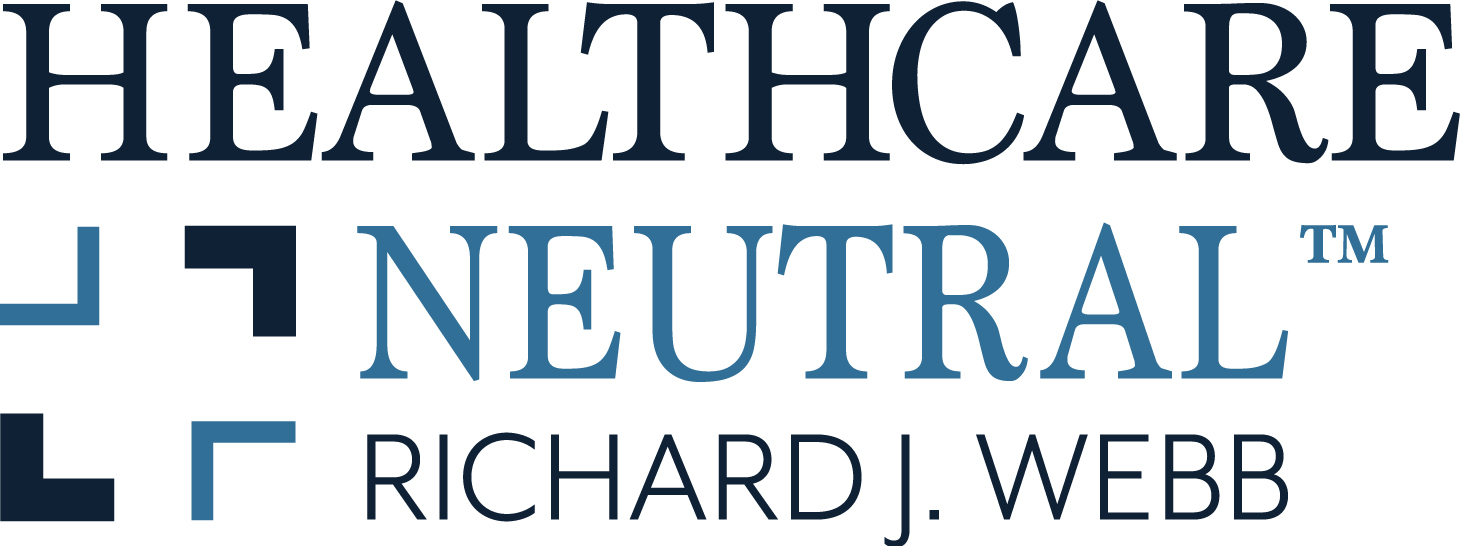Why ADR Works In Healthcare, Reason #1
October 26, 2007
Alternative dispute resolution (or “ADR”) is increasingly being used to resolve conflicts arising in all facets of society. The chief benefits of ADR (cost savings, faster results, confidentiality, and the parties’ control of the process) have been well established. ADR is particularly appropriate for use in the healthcare industry for several additional reasons, the first of which is described today:
[Image: Table 10 from Gilbert Beckett, A Comic History of Rome c. 1850, Cicero denouncing Cataline]
Reason #1.
The parties to a healthcare dispute often have some interest in (or need for) a continuing relationship after the current dispute is resolved. By its nature, traditional litigation is an adversarial and combative process. The objective of each party’s counsel is to crush the other party’s case, and in the process, the other party is often hurt as well (if not destroyed). In contrast, although ADR involves advocacy of both sides of the conflict, the parties have jointly committed to a process of their choosing to reach a fair result that both will accept. The likelihood of a viable relationship after resolution of the dispute is thus vastly improved.
Examples of this advantage of ADR could occur with respect to the relationships between a hospital and members of its medical staff; partners to a healthcare joint venture; members of a professional practice; health providers and their patients; and health insurers and health providers. Because the need for healthcare services continues to grow, and there are a limited number of established participants in the delivery of (and payment for) those services, there is a significant incentive in many disputes for both parties to put their conflict behind them.

